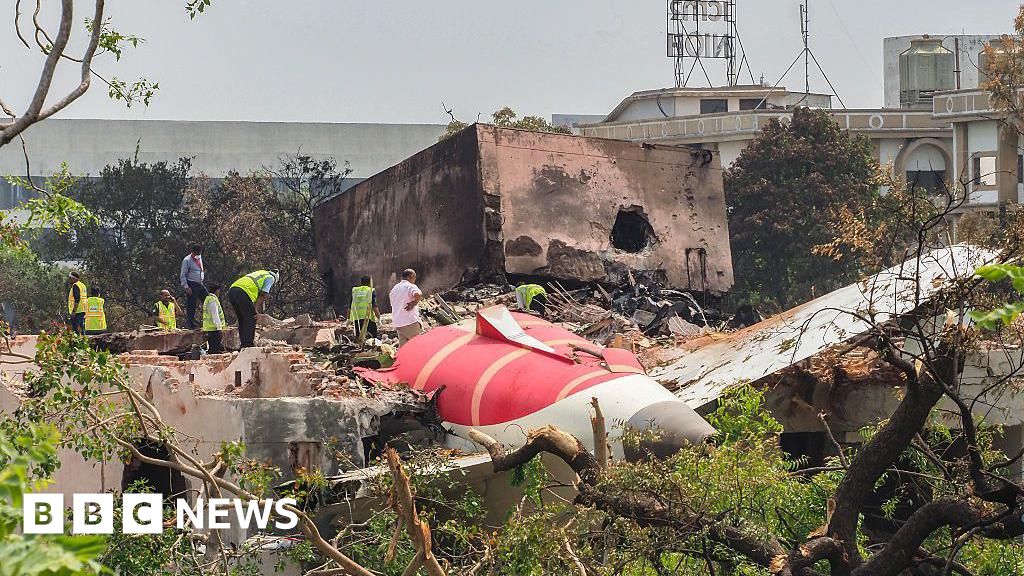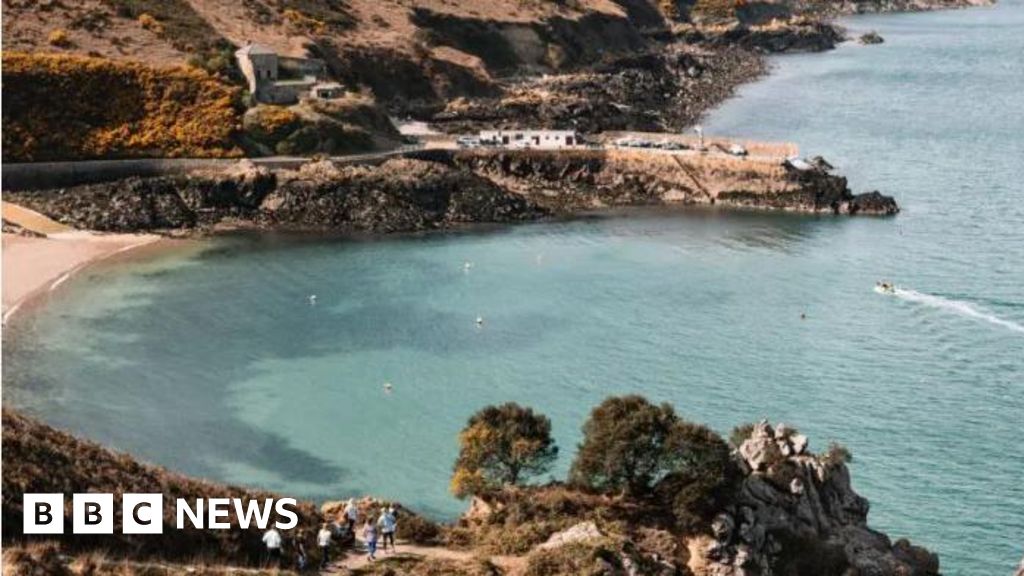Syria's Burkini Ban: New Beachwear Rules Could Reshape Global Tourism - Travel And Tour World
Saturday, June 14, 2025

Syria’s new beachwear regulations, which require women to wear burkinis or other modest swimwear in public spaces, are drawing attention and raising questions about their potential impact on the country’s tourism industry. While the government denies banning Western swimwear, the decision signals a shift towards more conservative policies that could alter the landscape for both local and international tourists.
The move comes after more than a decade of civil war and follows a shift in power to Islamist-led authorities. This is the first time Syrian authorities have formally issued dress code guidelines for public beaches, reflecting changing cultural norms. With the country slowly recovering from the ravages of war, the new policy could have significant implications for the tourism sector, which has been a key area of focus for economic recovery.
The decree, issued by Syria’s Ministry of Tourism on June 9, specifies that visitors to public beaches and pools must wear “appropriate swimwear” that respects public decency. The emphasis is on more modest swimsuits, such as burkinis, which cover the body more fully. While the decree allows for “normal Western swimwear” at four-star hotels and private beach clubs, the rules on public beaches are expected to change the overall tourist experience.
This shift towards more conservative dress codes on public beaches may alienate some international tourists, particularly those from Western countries who are accustomed to more relaxed beachwear standards. For tourists seeking a traditional beach experience, these new regulations could be seen as restrictive, limiting their freedom to enjoy the beach in the manner they are used to.
However, the regulations are seen as catering to a more conservative segment of the population, particularly those from neighboring countries with similar cultural preferences. As Syria emerges from the war, the country’s efforts to rebuild tourism will need to balance these cultural sensitivities with the desire to attract international visitors.
Ghiath al-Farrah, assistant minister for tourism, emphasized that the new guidelines do not ban Western swimwear outright. He clarified that women wearing Western-style swimsuits are still welcome at public beaches, but the promotion of burkinis was intended to accommodate the preferences of a significant portion of the population. The word “prohibited” is not mentioned in the decree, and al-Farrah suggested that the policy could be amended at the end of the season.
These clarifications may offer some reassurance, but the broader impact on tourism remains to be seen. With public spaces under these new regulations, tourists from outside conservative regions might feel constrained by the strict expectations. This could influence travel decisions, especially among those who are less familiar with or welcoming of cultural dress codes.
The introduction of the burkini rule has drawn mixed reactions from the public. Mahmoud Toron, a government analyst, criticized the move, stating that swimming pools and beaches should be free of such regulations. His comments reflect a sentiment that the government may be overstepping in regulating public spaces that were once seen as less contentious.
From an international perspective, this could further shape the perception of Syria as a tourist destination. Western tourists, accustomed to more freedom in leisure activities, might be discouraged by the prospect of a dress code that deviates from the norm. As the country works to rebuild its tourism industry, it faces a balancing act between respecting conservative cultural values and appealing to global travellers who are looking for a more relaxed environment.
Before the civil war, Syria was a growing tourist destination known for its rich cultural heritage and stunning landscapes. Sites like the ancient ruins of Palmyra and the Mediterranean coast attracted visitors from around the world. With the ongoing recovery, the government is eager to revitalize the tourism sector, which could be a critical source of revenue for the country.
While the burkini guidelines may help attract local and regional tourists from conservative backgrounds, the impact on international tourism is uncertain. The stricter dress codes could deter some foreign visitors who may perceive the regulations as too restrictive. Moreover, the lack of clarity regarding what is considered “appropriate swimwear” may create confusion and uncertainty for international visitors, potentially affecting bookings and interest in Syria as a vacation spot.
As Syria continues its journey of recovery, the government’s policies will play a critical role in shaping the future of its tourism industry. The decision to introduce more conservative beachwear rules reflects broader societal shifts, and the country’s tourism strategy will need to strike a delicate balance between catering to local values and attracting international visitors.
Tourism experts will be closely monitoring how these new guidelines impact Syria’s tourism growth, especially as the country seeks to attract international tourists. If the country can manage to preserve its rich cultural heritage while offering a welcoming and open environment for travelers, it may still see a resurgence in tourism. However, the evolving dress codes could be a defining factor in whether Syria successfully revives its once-thriving tourism industry.
(The sources for this article includes Reuters, NDTV, BBC, TOI)












